Here’s a statistic that may surprise you: In 2019, more than 7,639,536,000 people did not die of homicide. In fact, homicide wasn’t even in the top ten list of death causes. Not even close.
The vast majority of people on this planet lived out a murder-less year in 2019.
Yesterday, I went on a hike with a friend on Grizzly Creek trail outside of Glenwood Springs, my current hometown. Less than 8 months ago, we wouldn’t have been able to hike it, on account of a large portion of the trail being on fire.
The Grizzly Creek Fire started last year on August 10th, shortly after I moved to the western slope of Colorado. I-70, One of the busiest roads in Colorado (and my only convenient way home through the canyon) had to be closed for more than two weeks. The smoke formed a mushroom cloud that could be seen for miles, filling the air and making breathing a challenge. By the time it was fully contained in December of last year, this fire burned 32,631 acres.
Do you know what I saw on my hike, less than eight months after the fire?
Massive re-growth.
The forest is doing what the forest does after a burn, building itself back. The forest floor is a carpet of greens and yellows and reds. Fertilized by the ash, new plants are sprouting up everywhere, starting the burn-regrowth cycle.
I couldn’t help feeling that the world is a lot like that forest right now. We experienced a worldwide fire last year, and now, as COVID rates decline, we are seeing re-growth. New businesses are starting every day. New homes are being bought. New families are being started.
As I was standing there, looking at this beautiful comeback story, I realized something.
I hadn’t heard about the re-growth. Why hadn’t I heard about it? I had heard about the fire every single day from the moment it started until it was under control. I’d heard about the fact that it started with a tossed cigarette butt, and that it caused excessive accidents on mountain back roads because drivers had to be diverted away from I-70. I heard about the homes it consumed, and the bravery of the firefighters who fought it. I heard about all the other fires happening in other parts of the world.
Hell, all we talked about was the smoke for about a month.
But to see the regrowth, I had to go look with my own eyes.
This is what the news does because this is what we ask them to do every time we consume fear-spreading news stories.
They point their cameras at things that are on fire, and when firefighters get the fire mostly contained, they move on.
They show us where people are getting murdered, and tell us about specific murders, and then pack up and run to the next murder. Never mind that murder is a statistically rare way to die.
They don’t stick around or come back to town to tell us that the forest is growing back. They don’t run special features to tell us that murder victims’ families have started nonprofits so that their deaths will not be in vain. We have to find those things ourselves.
Is it any wonder that we think the world is always on fire? All we see is fires!
This is why I choose not to consume news directly. I let the news come to me through a series of filters.
In my articles, I’ve advocated for scaling back your personal news consumption.
The proliferation of bad news all the time is killing our ability to empathize, not making us more understanding. We’re experiencing what researchers refer to as “empathy fatigue” or “compassion fatigue.”
The myth of “staying informed” by being a news junkie is unfounded. Constantly consuming bad news makes you less likely to care about a horrible situation appropriately, because the next one is coming in a few minutes, and that one’s going to distract you from the original bad situation!
Your mind is too small to wrap itself around the full scope of human suffering in real-time. By overconsuming bad news, you become a useless ball of stress.
That’s why you need to specialize.
Not all of the issues need to be your issues. If you really want to be of use, pick the ones that you’re most passionate about and take a deep dive. Follow charities that are on the front lines, and join their email lists. They’ll tell you what legislation is important to vote for/against, and filter the important stories to you.
Next, turn off the newsfeed on your phone (I cannot stress how important this is for your mental well-being). If you insist on consuming some news, subscribe to an email summary morning newsletter like Axios. If you like podcasts, Axios puts out a “what you should know” podcast daily through Pushkin industries.
You get ten minutes in the morning. That’s it. Pretend that it’s 1957 and that you have a limited time to read the newspaper before you hop out the door. Don’t let the news slap you with some horror story (or situation that will resolve itself without your involvement) until another 24 hours have passed. Life’s too short.
Why should we stress ourselves out trying to “stay informed” when the data says that’s not what matters? We deserve to be a public who cares, not one made up of people who just can’t.





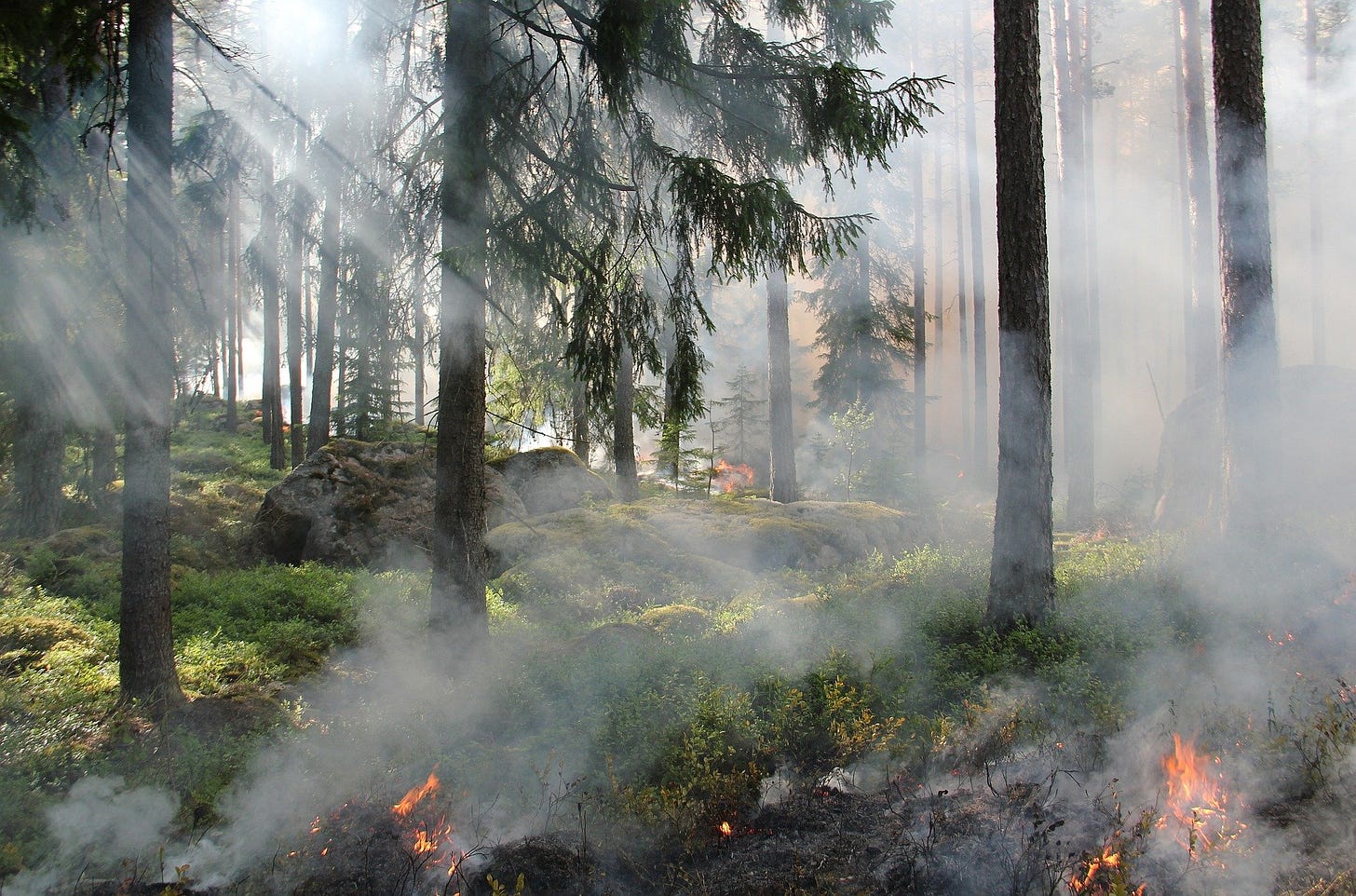

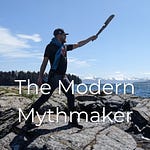
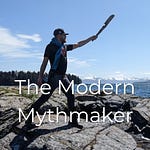
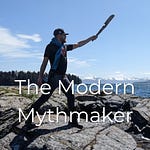

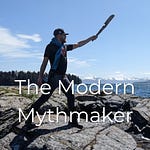

Share this post